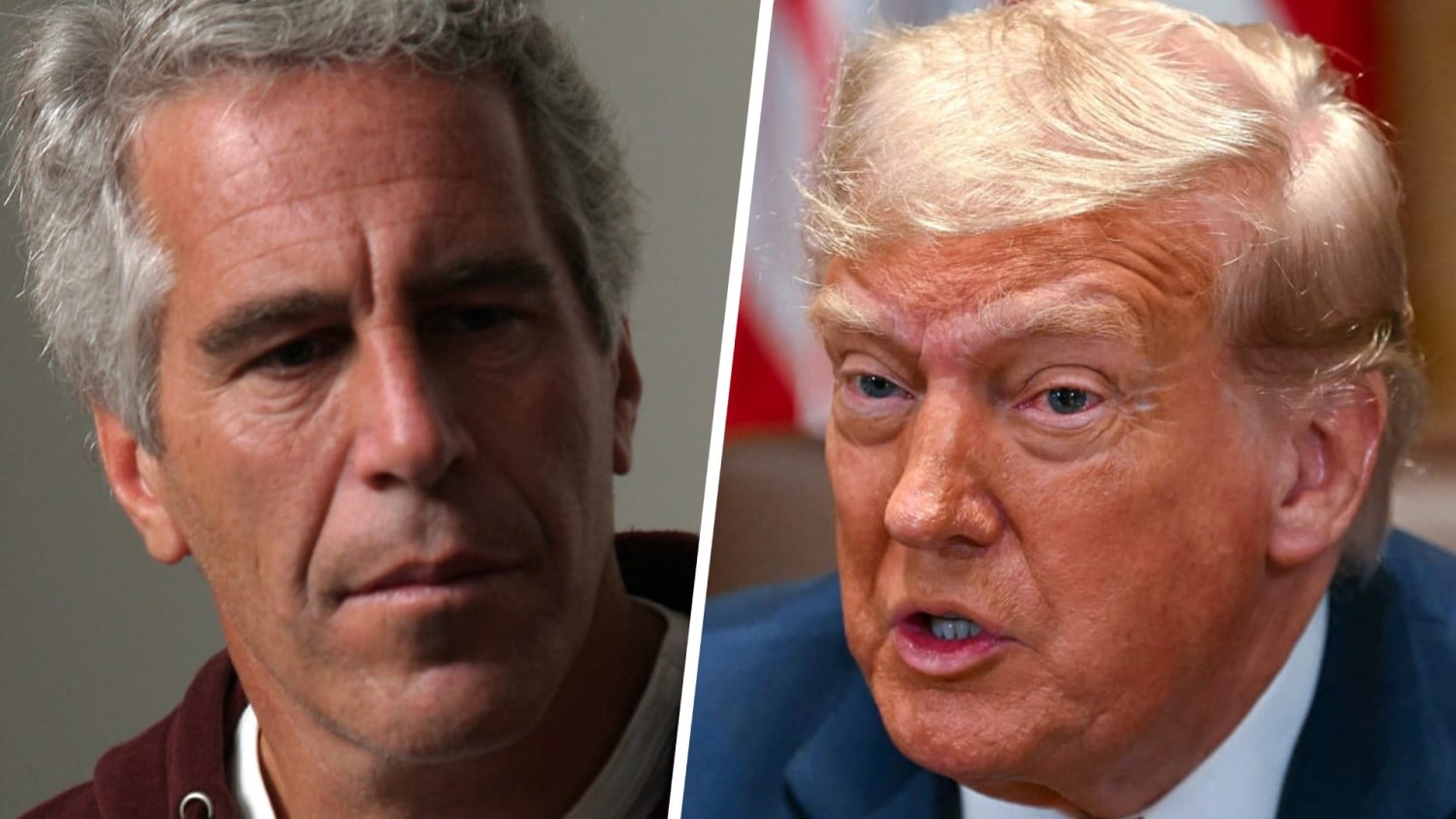LeBron James’ absence from the NBA this season has sparked a seismic shift in the league’s viewership and competitive landscape, raising questions about his impact on basketball’s popularity. As the Los Angeles Lakers navigate a five-game road trip without their star player due to a sciatica issue, the NBA has reported a staggering 92% increase in viewership compared to last season, marking the highest ratings since 2010. This surge comes at a time when LeBron’s shadow looms large, yet he remains sidelined.
 Historically, the NBA’s decline in viewership can be traced back to the rise of the super team era, largely orchestrated by LeBron himself. His decision to join the Miami Heat in 2010 initiated a trend of star players banding together, which diluted competition and predictability in the league. As a result, fans became disenchanted, leading to a gradual decline in viewership numbers, with last season hitting an all-time low of 1.53 million viewers per game. However, the current season’s ratings reveal a revitalized interest in the NBA, with emerging stars like Nikola Jokic, Luka Doncic, and Victor Wembanyama captivating audiences. The Lakers, surprisingly thriving at 8-3 without LeBron, showcase a team dynamic that emphasizes teamwork and energy, contrasting sharply with the predictability often associated with LeBron’s gameplay.
Historically, the NBA’s decline in viewership can be traced back to the rise of the super team era, largely orchestrated by LeBron himself. His decision to join the Miami Heat in 2010 initiated a trend of star players banding together, which diluted competition and predictability in the league. As a result, fans became disenchanted, leading to a gradual decline in viewership numbers, with last season hitting an all-time low of 1.53 million viewers per game. However, the current season’s ratings reveal a revitalized interest in the NBA, with emerging stars like Nikola Jokic, Luka Doncic, and Victor Wembanyama captivating audiences. The Lakers, surprisingly thriving at 8-3 without LeBron, showcase a team dynamic that emphasizes teamwork and energy, contrasting sharply with the predictability often associated with LeBron’s gameplay.
Commissioner Adam Silver’s recent comments suggest a shift in the league’s narrative. By acknowledging Michael Jordan as the greatest player of all time and indicating that future superstars must earn their status, Silver hints at a recognition that the league’s focus on LeBron may have hindered its growth. In summary, the NBA’s current success without LeBron James raises critical questions about the future direction of the league. As viewership soars and competition flourishes, it becomes clear that basketball’s revival may hinge on moving beyond the era defined by a single player. The league stands at a crossroads, and the path forward appears to favor a return to authentic competition over the dominance of one star.





